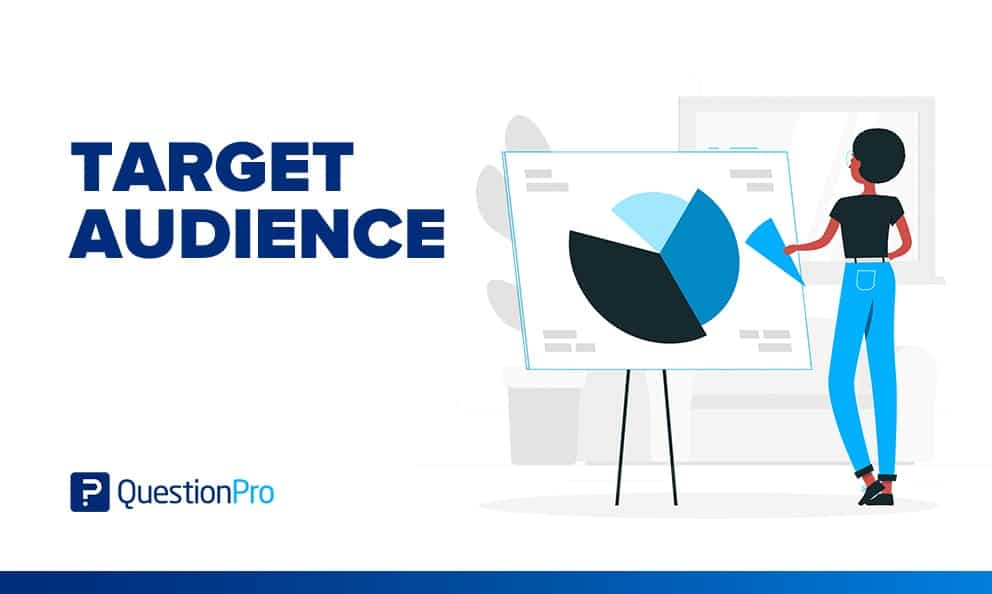Introduction:
Content Marketing
Content marketing is a powerful strategy that involves creating valuable and relevant content to attract and engage your target audience. By producing blog posts, articles, infographics, videos, and other forms of content that address your audience's pain points and interests, you establish yourself as an industry authority. Distribute your content through your website, social media channels, and email newsletters to reach a wider audience. Valuable content not only attracts potential customers but also encourages them to stay engaged and builds brand loyalty over time.
Social Media Marketing
Social media platforms offer an excellent opportunity for startups to connect with their target audience on a personal level. Identify the social media platforms that align with your target audience's preferences and actively engage with them through posts, stories, and interactive content. Social media marketing allows you to showcase your brand's personality, share updates, respond to customer inquiries, and run targeted ad campaigns. Building a strong social media presence can significantly enhance brand awareness and customer engagement.
Search Engine Optimization (SEO)
A well-optimized website is crucial for startups to rank higher in search engine results and be easily discoverable by potential customers. Invest in search engine optimization (SEO) techniques to improve your website's visibility on search engines like Google. Use relevant keywords in your website content, optimize meta tags, and build high-quality backlinks to increase organic traffic. Appearing on the first page of search results enhances your credibility and boosts your chances of attracting organic leads.
Credit : mayple.com
Influencer Marketing
Influencer marketing is an effective way to leverage the influence of prominent figures within your industry or niche to promote your startup. Identify influencers whose values align with your brand and have a significant following among your target audience. Collaborate with them to create sponsored content or host influencer takeovers on your social media channels. Influencer marketing can quickly expand your reach to a broader audience and build credibility through the endorsement of trusted personalities.
Email Marketing
Email marketing remains a valuable tool for startups to nurture leads and maintain a connection with their audience. Create personalized and engaging email campaigns that offer valuable content, promotions, and updates. Segment your email list based on customer preferences and behavior to deliver targeted messages that resonate with each group. Email marketing is an effective way to build brand loyalty, drive sales, and encourage repeat business.
Referral and Loyalty Programs
Encourage your existing customers to become brand advocates through referral and loyalty programs. Offer incentives or discounts to customers who refer new customers to your startup. Similarly, reward loyal customers with exclusive perks, discounts, or early access to new products or services. Referral and loyalty programs not only boost customer retention but also help in attracting new customers through word-of-mouth marketing.
Conclusion:
Reaching the target audience is a critical aspect of a startup's marketing strategy. By incorporating content marketing, social media marketing, search engine optimization (SEO), influencer marketing, email marketing, and referral and loyalty programs, startups can effectively connect with their target audience and foster business growth. Each strategy offers unique opportunities to engage customers, build brand loyalty, and increase visibility in the market. As startups navigate the ever-evolving marketing landscape, employing these strategies will help them make a lasting impact and establish themselves as successful players in their industry. Remember, consistency and adaptability are key as you assess the effectiveness of these strategies and fine-tune your approach to meet your audience's changing needs and preferences.
FAQs:
Who is my target audience?
Your target audience is the group of people who are most likely to be interested in your product or service. To identify your target audience, consider factors such as demographics, interests, and needs.
How do I develop a marketing plan?
Once you have identified your target audience, you can develop a marketing plan. Your marketing plan should include your goals, objectives, strategies, and tactics.








0 Comments